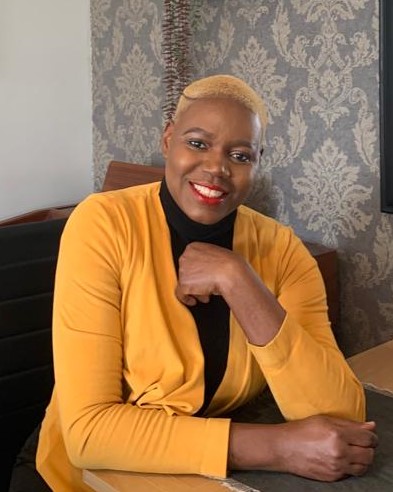
If someone had told me years ago that I’d be doing a PhD in my 50s, I probably would have laughed. I had spent years building a career in education, publishing, and literacy advocacy, engaging in teaching, mentoring, writing, and shaping young minds. I was used to being the expert in the room, the one people turned to for direction.
Then I stepped into academia again.Suddenly, I was no longer the expert. I became the student.
The structured, predictable world of work I had known for decades was replaced by the self-directed, unpredictable reality of academic research. My schedule wasn’t dictated by meetings or deadlines set by someone else. Instead, I had to figure out how to manage my time, structure my learning, and find my way around a world that had changed significantly since I was last a student.
It was exciting, terrifying, and completely unfamiliar.All at the same time.
Adjusting wasn’t easy. In my professional life, my days had clear goals. Meetings, projects, deadlines, events. A rhythm.
In academia, no one tells you what to do each day. There’s no manager checking in or a fixed structure to follow.
At first, I struggled. The freedom was overwhelming. I had to set my own study and research goals, to keep myself accountable, and manage a workload that often felt never-ending. But once I created my own structure which included weekly research goals, daily reading targets, and clear writing deadlines, I found my footing.
If you’re considering a PhD later in life, be prepared to build your own structure. No one will do it for you.
Then came the studying itself. The last time I was a student, some twenty-seven years ago, research meant physically going to the library, flipping through index cards, and taking notes by hand. Now? Everything is digital. Articles, books, citation tools, you name it, there’s a software or app for it. At first, it felt like learning an entirely new language. Zotero, EndNote, digital archives, online databases. I had to relearn how to research, how to skim academic papers efficiently, how to think critically rather than just absorb and discuss information. It was overwhelming, but I reminded myself: I’ve done difficult things before. This is just a new skill to learn.
One of the biggest shifts was realising that most of my peers were much younger than me. Many were in their 20s or early 30s, fresh from their master’s degrees. They were used to academic life, while I was returning after decades of professional experience. At first, I worried. Would I fit in? Would my experience be an asset or a disadvantage? Could I keep up with the younger, more digitally savvy scholars? I realised something important at this point. My years in education, publishing, and literacy gave me a different kind of advantage. While my younger colleagues were fantastic at using digital tools and theoretical frameworks, I brought something else to the table. Real-world experience. A critical, analytical mind-set honed through years of teaching and publishing. Confidence in speaking up, networking, and seeing the bigger picture. Instead of seeing my age as a disadvantage, I reframed it. I wasn’t here to compete. I was here to bring a unique perspective.
With this mindset, I took on the challenge of learning new digital tools. But I wasn’t alone in the process. My husband, with his IT expertise, became my unexpected tutor, patiently guiding me through the technical maze. My daughters, both recent Master’s
graduates, lent their support in ways big and small, in discussing research ideas, proofreading drafts, or simply encouraging me when imposter syndrome crept in. And even my not-so-little-son-anymore, in his own innocent way, reminded me that learning
is a lifelong journey, excitedly sharing with me tips on using educational apps as if we were classmates discovering something new together.I am not just on this journey by myself. I am walking it with my family, each of them playing a role in lifting me up. Their belief in me has become my strength, their support a quiet but steady force that keeps me going. So, on this PhD journey, especially when
embarking on it at a later age in life, ensure you carry everyone along. Don’t try to do it alone. That may most likely cause some kind of disconnect within your immediate family. But much more importantly, it may result in you being overwhelmed. So, use what you have grown all these years before your PhD journey to better the journey. Do not see these as liabilities but assets.But there are even more challenges.
These I will share with you in the next blog.
Watch out, as these would give you the soft landing you need to thrive in your PhD journey.
If you’re thinking about starting a PhD later in life, I would say go for it. You can do this!
I’m rooting for you.
Your Mature PhD Supporter,
Adeola Eze
PhD Beyond 50 is authored by Adeola Eze, a Black international PhD scholar at Coventry University who began her doctoral journey when she turned 50. With over 27 years of experience in education and literacy advocacy, she shares insights on balancing research, life, and personal growth. New posts are published on the first Tuesday of each month.
Subscribe by email below.
Visit the About page to find out more about me.
Check out why I started this blog here.
Connect with me: Bluesky Adeola Eze Linkedin Adeola Eze X @adeolaeze


